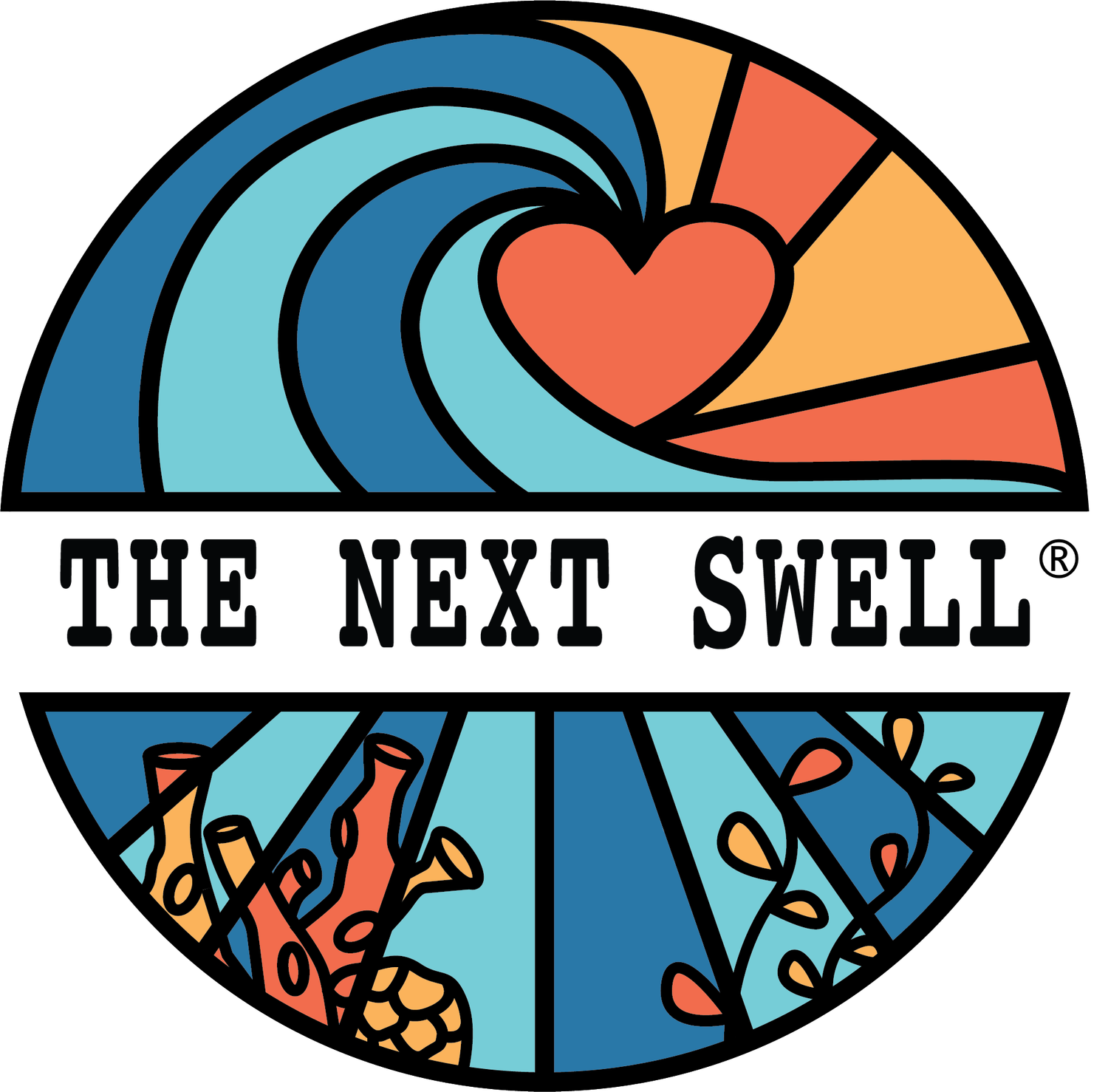Tools The TNS Squad Wish They Had Back in The Day
Photo Courtesy of Pixabay
I’m going to age myself a lot in this post, which is fine. When I first began my undergraduate degree in marine biology, social media was not a thing, let alone smart phones. Google Scholar, which I’ll discuss below, didn’t come around until my junior year of college! I literally had a work-study job for a semester that included photocopying scientific papers my boss wanted to read from the library stacks. How crazy is that?! To say that there is more access to information these days is just a tiny understatement.
My point here is…use this to your advantage, Next Swell! You can be so much better prepared for undergraduate work. Here is my list of things I wish existed back in my day that I highly encourage you take full advantage of.
1. Google Scholar - This has been around a while now but remains a powerful tool. You can create a library with labels and keep your scientific papers organized. You can follow researchers whose research you’d like to stay up to date with. You can set “alerts” for certain keywords to let you know when new research has been published. It’s great to help with building a citation library if you utilize EndNote or similar programs. And as you start to publish papers as a scientist, you can create a profile of your own that will automatically show you your h-index (a metric which shows how widely cited your publications are). Learning to read and analyze scientific papers is one of the most important skills you can hone, so start early!
2. Discord - this is a great way to create/access a worldwide community of people with similar interests or who are all passionate about the same topic. A lot of schools have student hubs on this app. A group I follow called the Oceanic Women’s Club utilizes this platform and I’ve been impressed with how much engagement there has been and how much folks are willing to encourage and share ideas!
3. Windy - I am still learning the full power of this app, but you can visualize so much data! Of course, wind is extremely important for field work (and recreational activities!) on the ocean, but it’s also neat to look at sea temperature and see what the ocean currents are doing. Spend some time seeing how these environmental factors impact where you live. To get even more technical, you can check out Ocean Reports put out by NOAA.
4. Community Science Apps or real-time data apps- there are cool apps that allow you to track or even participate in collecting scientific data. Some examples are WhaleAlert, Dorsal, Ocearch, Chesapeake Dolphin Watch, iNaturalist, or e-bird.
5. ResearchGate - social media for scientists, this has similar capabilities as Google Scholar but with a more social aspect, including job postings.
Have you found any good resources to share? If there are other tools you can think of that you’d suggest, get in contact with us and we’ll add it to the list.

